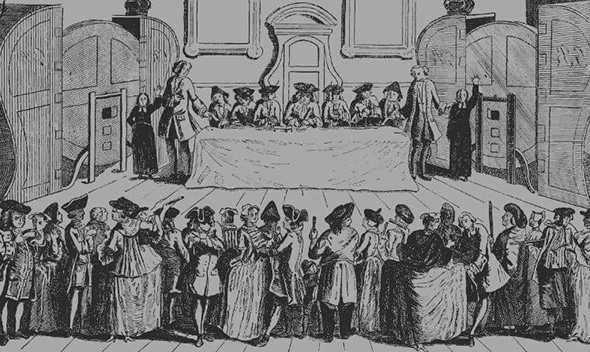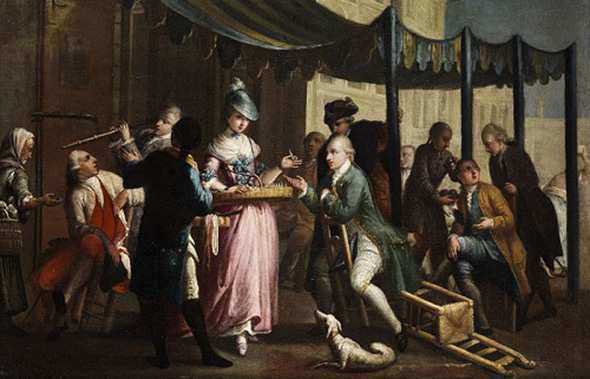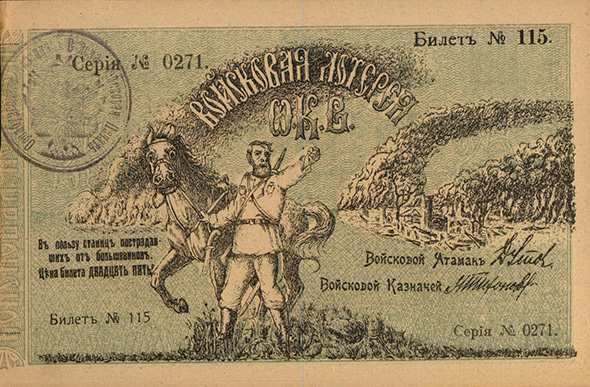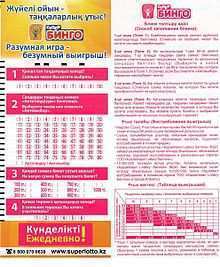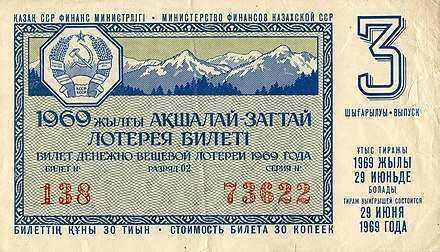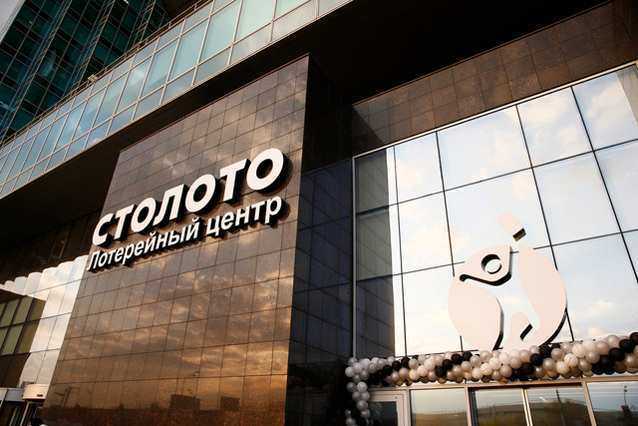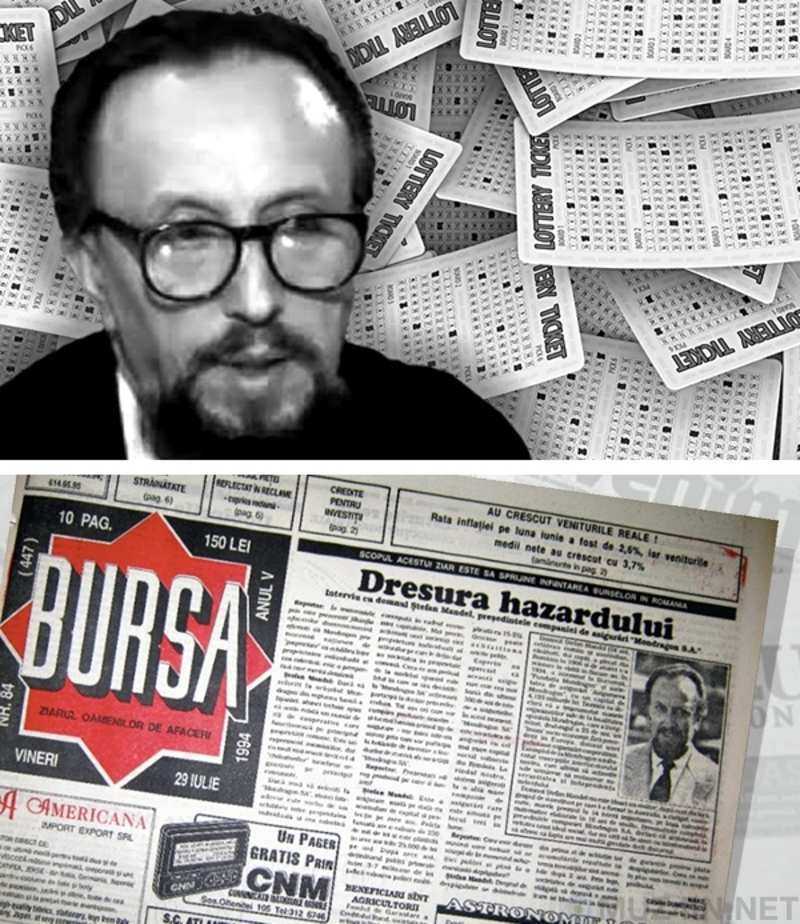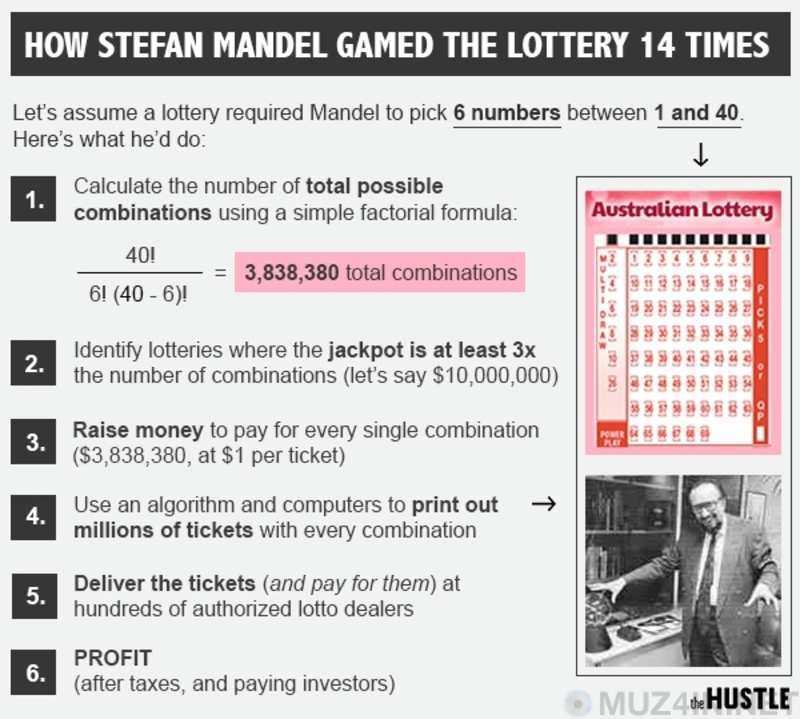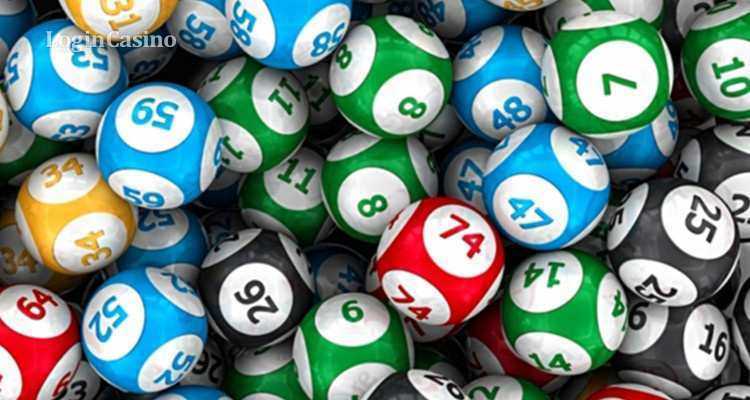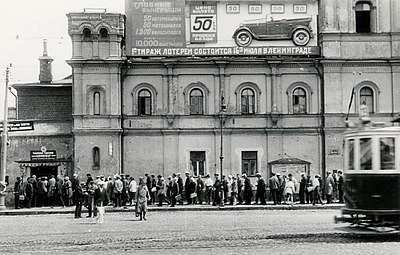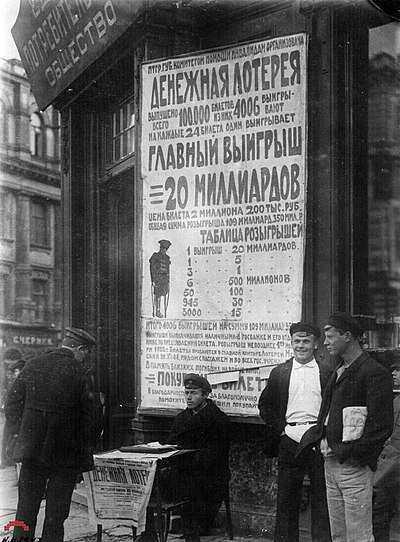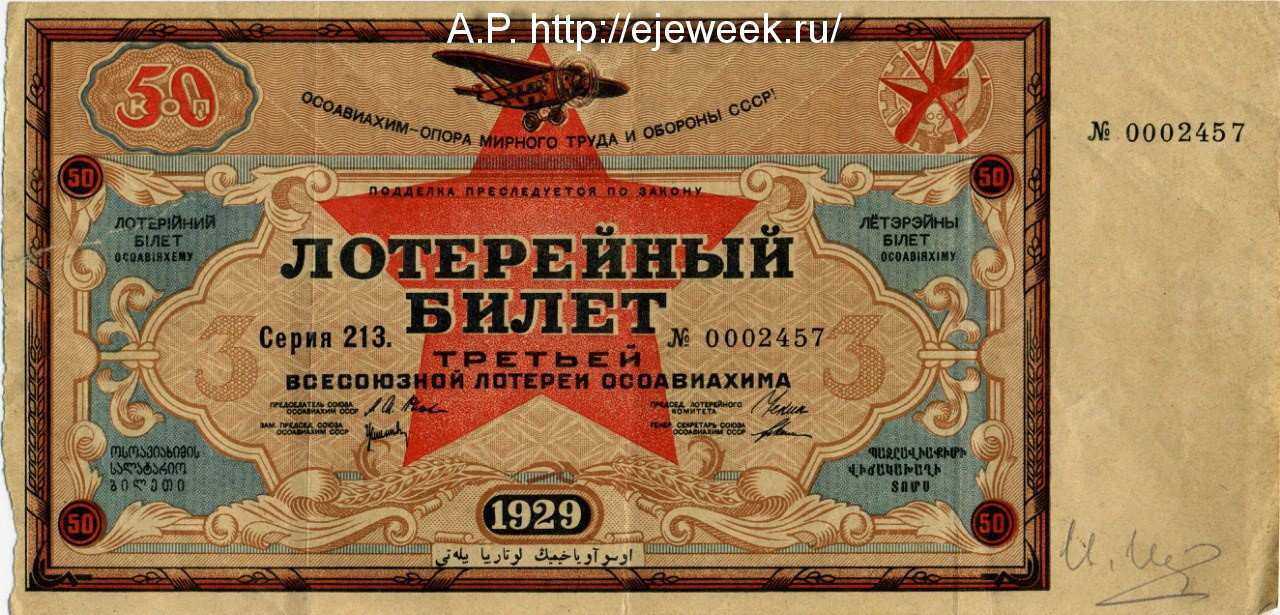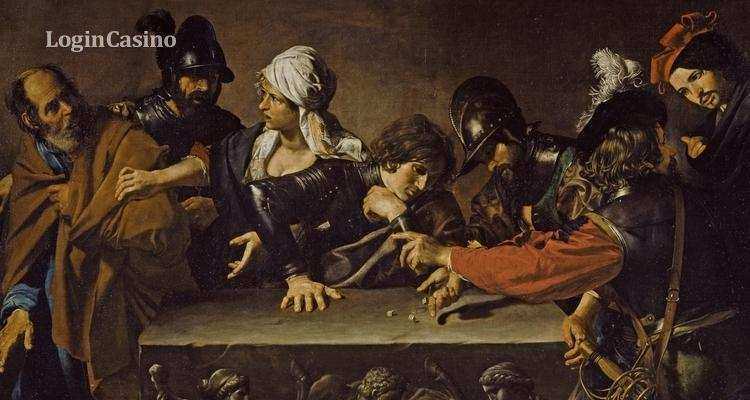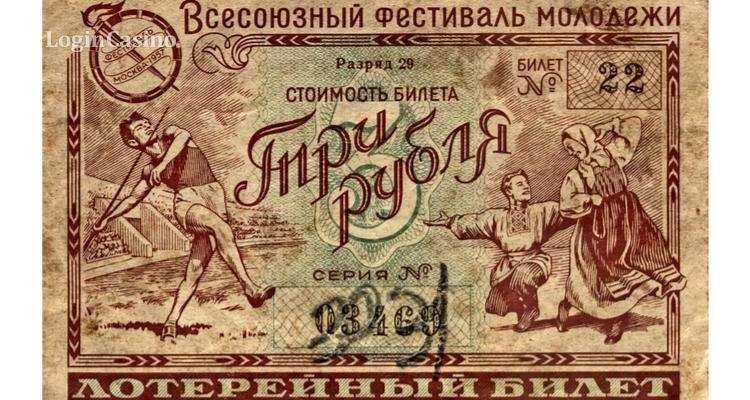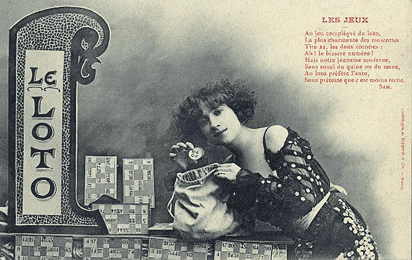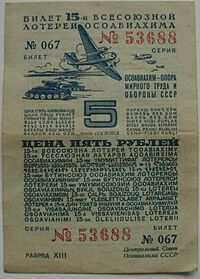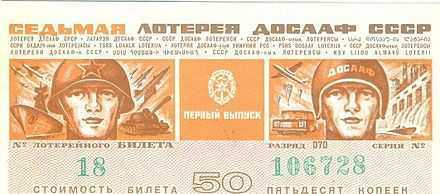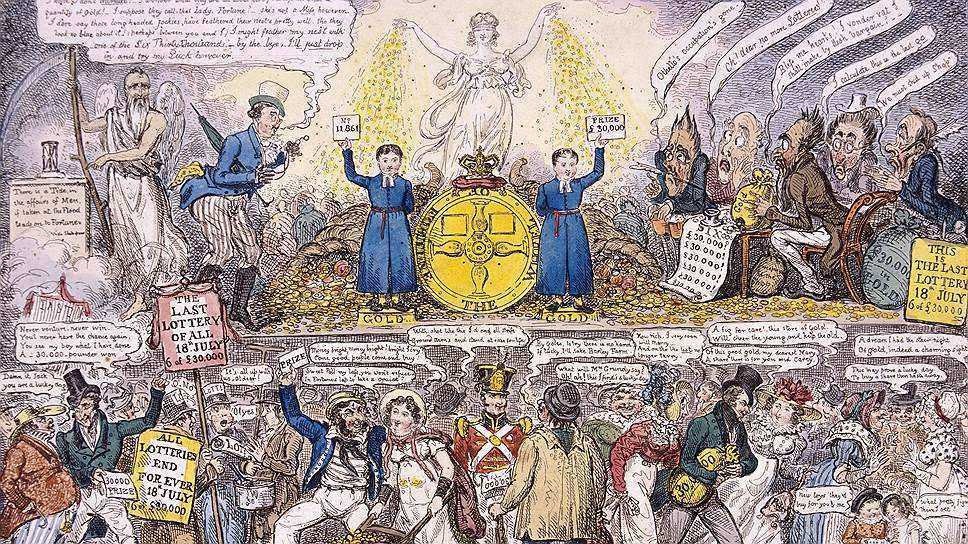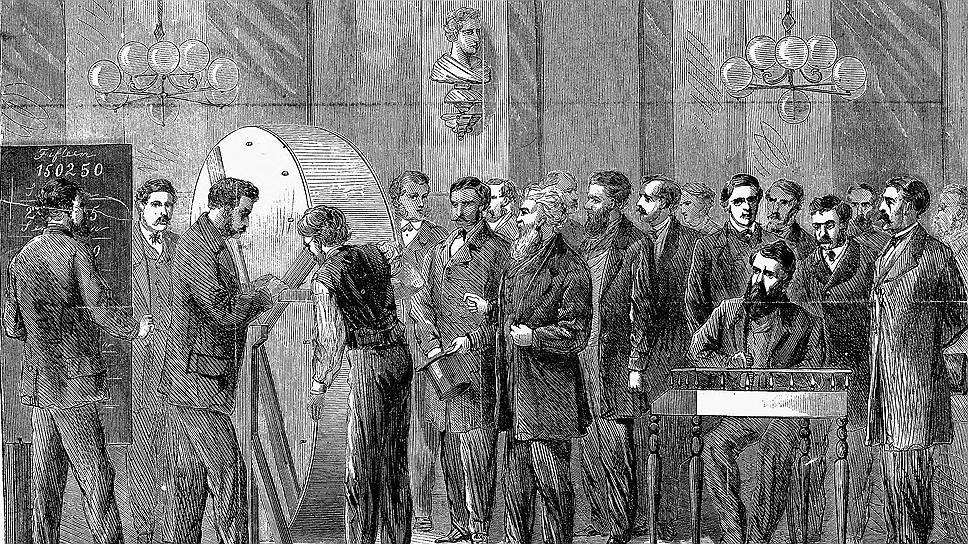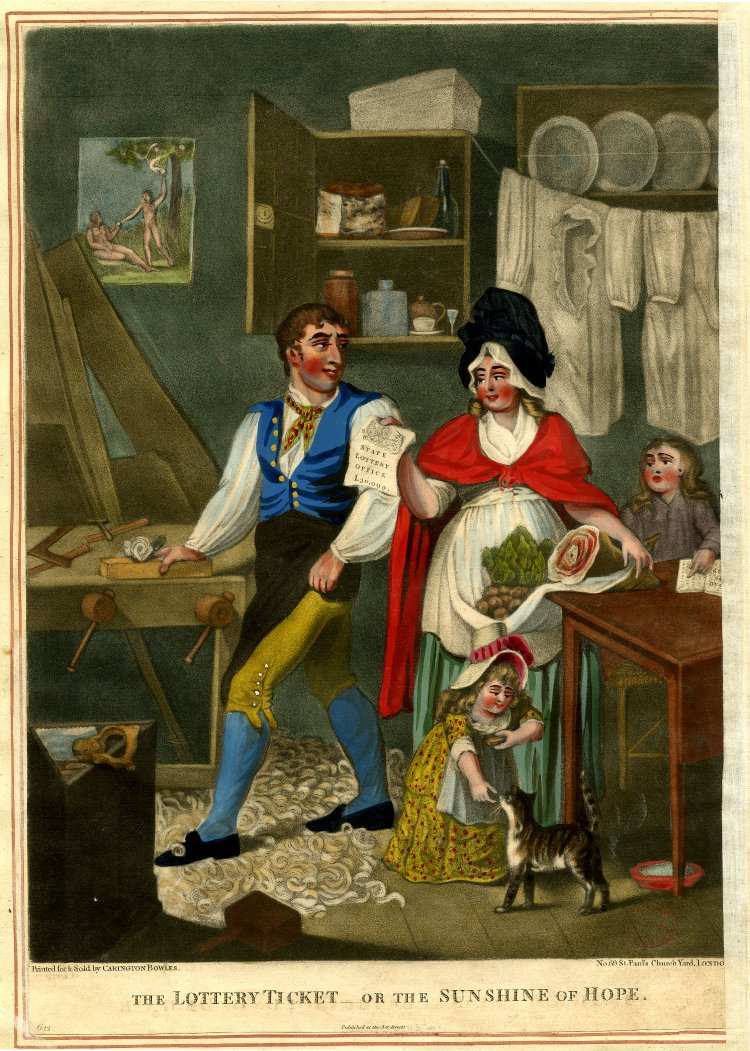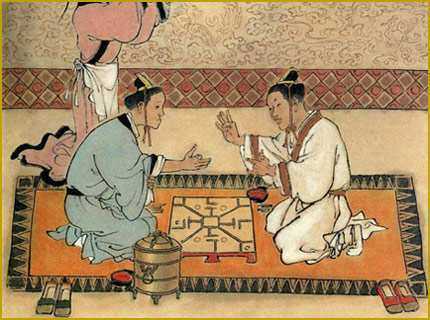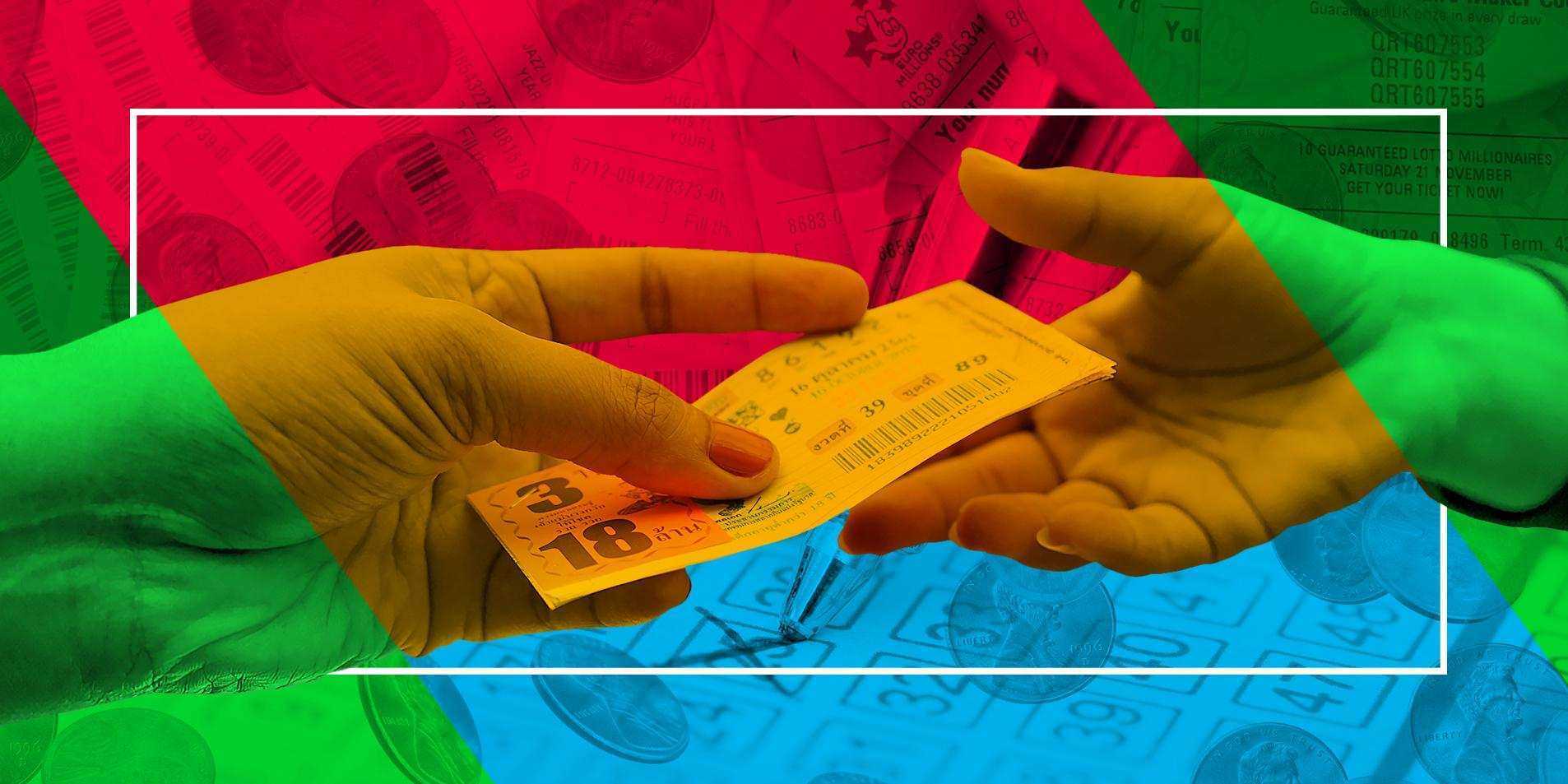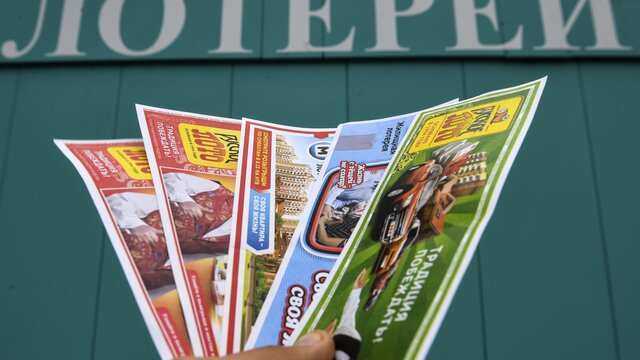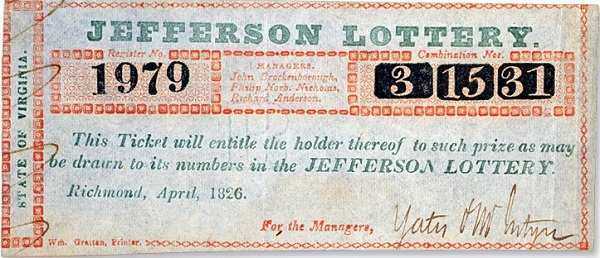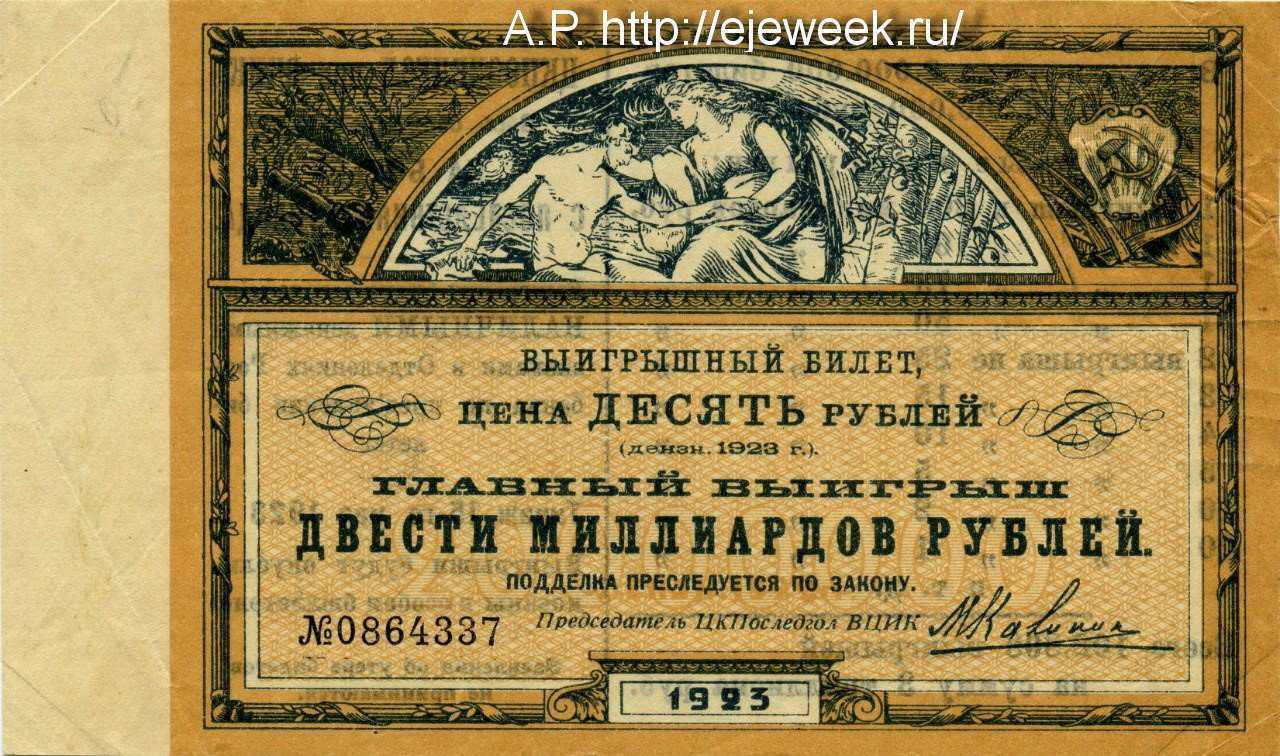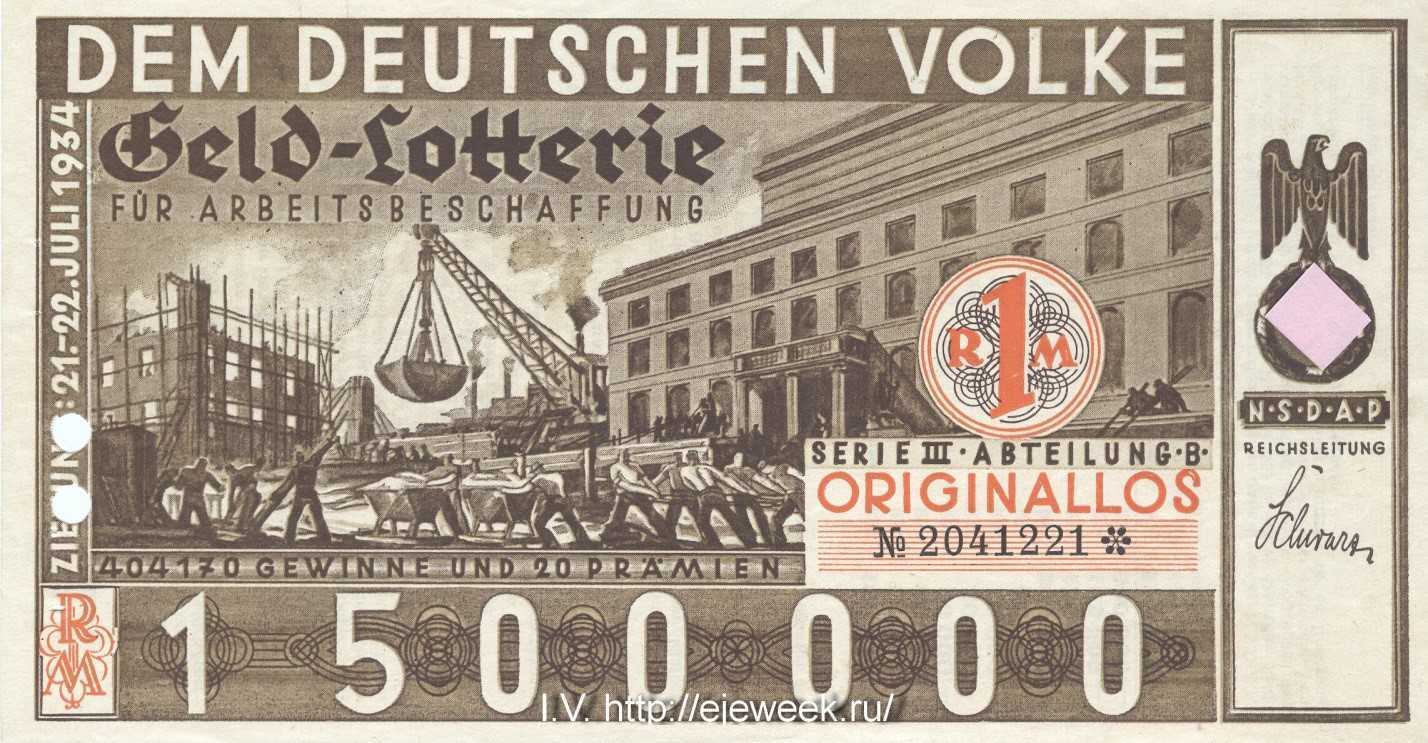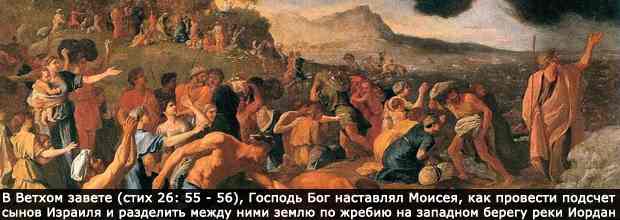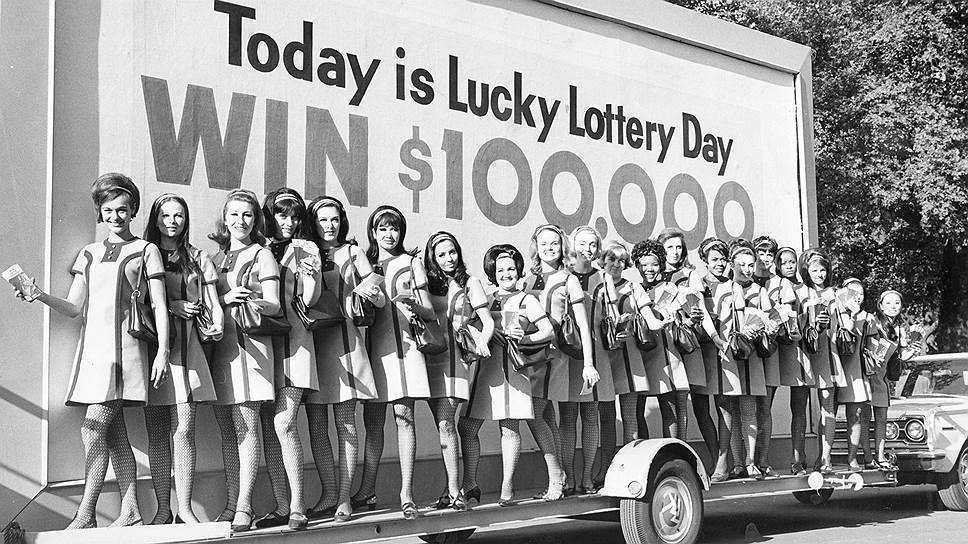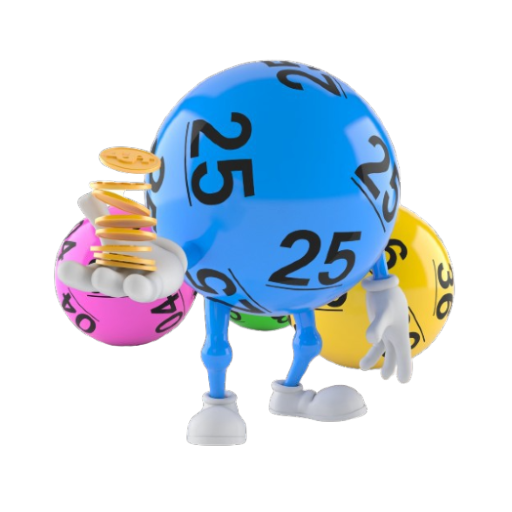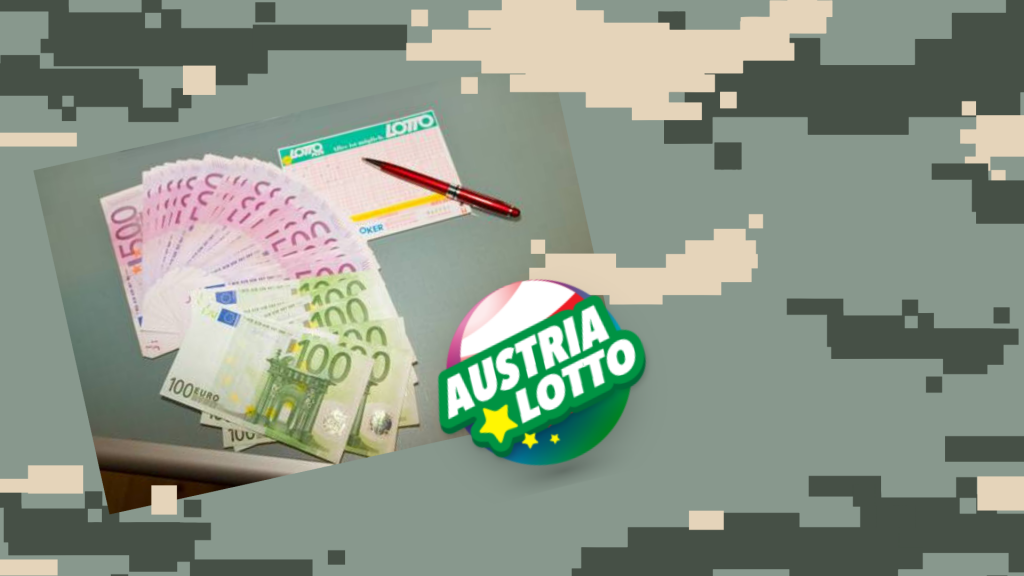Changing lottery history
More modern versions of the lottery, such as the most popular USA games, Powerball и Mega Millions, appeared only some time after that. Beginning with 1992 of the year “Powerball” can play a total of 21 state, and also in the District of Columbia, in the US Virgin Islands and Puerto Rico. Minimum jackpot – 40 million dollars, and the biggest recorded win in the game – more 1,5 billion dollars. This also makes it the largest jackpot in lottery history worldwide., and it was won by only three players in total.
When it comes to Mega Millions, actually it started after Powerball, and was originally known as The Big Game (Big game). The Big Game was founded in 1996 year, and c 2002 the year its name changed to The Big Game Mega Millions. From there he became known simply as “Megamillions” and became one of the most popular games in the country. Total 44 different states can play this game, including the District of Columbia and the US Virgin Islands, which puts her twice as many places, than Powerball. Biggest Jackpot, ever won here, also amounted to slightly more 1,5 billion dollars, but a little less, than the largest Powerball jackpot.
"We didn't feel like millionaires"
- Lotteries let you live your dreams. My father buys these tickets all his life. And never checks right away, is there a win. I ask: “Dad, why do you need that? There is no sense ... "And he told me: “I walk and think: can, I won. And so good ", - says Maxim Nikityuk from Omsk.
His father has never had any luck. And to Maxim himself in 2015 a ticket bought by accident brought a million rubles.
- It was an accident. Walking with a newborn son, wife in store, and we are waiting for her at the lottery kiosk. I buy a ticket for the first time in my life - just in my pocket 50 rubles lying around. And then I forget about him, - recalls Artem in a conversation with the correspondent of "Pravmir".
A week later, Nikityuki found a ticket in a baby carriage. Checked, before throwing away. And there the win is an apartment. Keys are not given to anyone after the lottery. According to the rules, the winner receives the par value of the property. In Maxim's case, it was a million rubles.. He and his wife confess, that the news shocked them.
Maxim believed in the reality of what was happening already in Moscow - he wrote a statement, gave the ticket for verification and began to wait. A month later, the promised money was transferred to his bank card - the entire amount at once.
- The loved ones were very happy for us. But I think, there were those, who hated me after winning. I felt it, - recalls the winner.
Maxim Nikityuk. Photo from the site chel.kp.ru
Previously, the Nikityuk family did not have such big money. Maxim and Natasha got married a year ago, raised a son. He worked in the ventilation and heating systems workshop, where he serves to this day. They saved up for housing - saved from salary, sold the car to Maxim and Natasha a room in a hostel. Hoping to buy a one-room apartment in Omsk.
- We didn't feel like millionaires. Did not have time. Immediately invested almost the entire amount in the purchase of an apartment. Thanks to the win, there was enough for a three-room. The remaining money was spent on repairs. is he, by the way, still going on. We live, as everyone: home-work-home. Moreover, taking care of his son - he already goes to kindergarten, makes us happy.
The lottery became a salvation from a future mortgage. Maxim and Natalia thought about her, planning to buy a small apartment. Hoped, that with the help of a mortgage loan they will improve living conditions, when their boy grows up and needs a separate room.
Maxim Nikityuk was presented with lottery tickets after winning. But he was not so lucky anymore. For about three months, he and his wife exchanged small amounts for new tickets., and then they stopped.
- You can't think: once bought a ticket, you will definitely win. Too many participants, and even more - digital combinations. Much more chance, what's lucky in love. I am very lucky with my wife! - Maxim laughs.
History of lotteries in Europe
IN 1515 year in the Republic of Genoa, during the elections to the Great Council, 90 applicants. However, so that of these 90 choose five, a special draw was organized.
Here we want to mention the wonderful work "Lottery in Babylon" by Jorge Luis Borges, which of course does not rely on real historical facts and is fiction, but nevertheless it is an interesting development of the topic of this article. It is about, how the lottery turned from fun to a fundamental principle as an individual, and the whole society.
IN 1520 year the French king Francis, taking into account the difficult situation of the state treasury, signed a decree on the organization of lotteries. Lottery wheels installed in five major cities of the country, from which citizens pulled tickets.
In the 1820s lotteries in France were not carried out until 1933 of the year.
FROM 1863 years on the territory of modern Italy, regular national lotteries began to be held.
In England lotteries were organized by the state with 1559 years - from the first year of the reign of Queen Elizabeth I. During this period, the UK experienced financial difficulties. About forty thousand tickets were issued, and the winners received various financial prizes. The income received went to the restoration of seaports and other public needs. At the state level, lottery games in the UK were held before 1825 of the year, when the authorities had to abandon them under pressure from the parliamentary opposition. However, the British Museum was built with lottery funds, London aqueduct, several bridges and other important infrastructure.
The oldest currently run lottery with 1726 of the year – in the Netherlands.
King Karl brought the lottery to Spain. December 1763 the first draw of the Spanish national lottery La Primitiva was drawn. It continues to this day. О The Primitive, as well as other modern European lotteries you can read in the article European lotteries.
IN 1863 year, when the process of unification of Italy was completed, the history of Italy's first national lottery Lotto began, which was held every week.
IN 1930 Irish state lottery draws were held in Ireland, which quickly became in demand in the USA and Canada. There were also charity lotteries, for hospital financing.
Sportloto 5 of 36
14 August 1976 the first draw of the new sports-number lottery with the formula "5 out of 36", dubbed "Saturday Sportloto". The cards from this lottery took part in the draw, which consisted of two draws, held weekly on Saturdays.
Lottery announcement 5 of 36 (first name "Saturday Sportloto") in the newspaper "Soviet Sport"
New circulation machines were put into operation - pneumotrons, in which the balls were mixed with a jet of compressed air. "Saturday Sport Lotto" was intended to finance the XXII Summer Olympic Games in Moscow in 1980 year. 36 Olympic sports were assigned conditional sports numbers.
Card "Saturday Sportloto", part "A". 13 and 14 circulation, 1970 year
Additional ball and other innovations
IN 1977 year, (from 37 circulation) in order to increase the popularity of the "6 out of 49" lottery, an additional bonus ball began to be drawn in it, increased the likelihood of winning the lottery. In August 1978 all numerical lotteries were transferred to non-redemption cards. The maximum winnings have been increased from 5 000 to 10 000 rubles. Draws of lotteries "6 out of 49" and "5 out of 36" (former "Saturday Sports Lottery") began to be held every Saturday, the drawing was held using a pneumotron.
In January 1981 there was another change in the conditions of the game, whose goal is to make it more fun, offer members more options for filling tickets. The "Sportloto" circulation was not carried out out of four, and from two draws: one for "6 of 49", another for "5 out of 36". The ticket itself has changed too, one more field was added in it, so that you can participate in two options (combinations)
Sportloto form 5 of 36, on 2 option
Taking into account the many wishes of the players, who asked to return to the old, mechanical method of mixing balls, from 1 january 1982 circulation machines were replaced. Draws started on two new lottery drums, producing the simultaneous extraction of five or six balls with winning numbers. In January 1985 they have been improved, and they began to extract the balls not all together, but in turn.
History of lotteries in the USSR
According to the theory of communism, money is a relic of the past, therefore in 1918 a decree was issued prohibiting any gambling. But since funds were needed to solve social problems, after three years, lottery games were allowed again. Naturally, they were under strict state control. In the 50s, lotteries began to gain popularity. The winnings were impressive - home appliances, cars, apartments. There were also more modest gifts. – clock, cameras, bicycles and more.
History of lotteries in the USSR
Forced distribution of tickets was often practiced. They were given for change, distributed at work through trade unions, made it a burden when buying certain goods. No wonder phrases from a comedy “The Diamond Arm” became popularly winged. And then they organized the famous for the whole Union “Sportloto”, and millions of people froze in front of their screens, waiting for the results. Information about modern Russian draws is presented in the article titled Russian Lotteries.
Hopefully, you were interested in learning about the history of lotteries on different continents and at different times.
Where and when did the lottery appear?
The appearance of the first tickets and the lottery are inextricably linked. There are many versions of the origin of the lottery. According to the assumptions of some scientists, the appearance of jokes is associated with ancient Greece., but most of the history of occurrence is associated with Ancient China or Rome. Approximately at 100 year BC, when the Han dynasty was in power, a lottery was held in China, like the current Keno game. As a result, huge funds were received, launched on the Great Wall of China. The ancient Roman rulers Nero and Augustus loved to arrange lotteries during the holidays., where slaves and property were played. There were also free lotteries for plebeians. The appearance of the word "lottery". Linguists suggest its origin from the Frankish "hlot", ie. lot. In English, consider, what is the word "lot", ie. "Share". maybe, it was Italian lotto, what does fate mean. Indeed, in essence, this game depends a lot on luck, peculiar to individuals, either from an unexpected twist of fate.
The emergence of the lottery in Europe
February 1466 r. is the birth date of lottery games in Europe. At this time in g. Bruges (Belgium) the drawing took place, dedicated to the memory of the artist Jan Van Eyck. Its organizer was the artist's widow. Lottery funds donated to help those in need. Later lottery games, in which everyone took part, gained great popularity. All funds received were directed to the improvement of old and construction of new structures. To fill the state treasury, in 1520 year in France, a decree of King Francis was issued on the first lottery games in 5 large cities. IN 1530 r. Italian lottery was held in Florence, where the cash prizes were drawn for the first time. According to the decree from 1863 g., national lotteries are regularly held in Italy. But in France, the draws ceased to take place from the 1820s to 1933 r. To get out of the deep financial crisis with 1559 years there are lotteries in England. The funds received were used to repair ports, harbor, bridges and other structures were built. IN 1825 r. the British authorities refused to hold lottery games, because. it was demanded by the parliamentary opposition. Number lottery games were first held in Holland in 1726 year.
American lottery
IN 1612 r. the first lottery in America took place. The collected funds were used to equip the first colony, which was founded on the territory of today's USA. Lotteries evolved chaotically, corrupted, there have been numerous cases of fraud. US lotteries were prohibited by law in the 1870s. IN 1971 the first state. In the 1980s, the popular instant lottery series appeared. 1983—1990 г.г. — период расцвета государственных лотерей в разных странах, including in America.
The emergence of lotteries in Russia
During the reign of Peter the Great, watchmaker J. Gassenus organized the first lottery, into the state established by her decree Catherine II in 1782 year. State lotteries were also drawn in 1892 and 1914 years. In the first case, the funds were sent to help victims of crop failure, во втором — от войны. IN 1918 r. the Soviet government banned lotteries, as she considered them a relic of the past. IN 1921 r. financial instability and crop failures caused, that lotteries have been restored. In the following decades, many cash lotteries appeared.. IN 1970 r. appeared the sports-number lottery "Sportloto". Its format was based on the oldest number lottery "keno". Half of the proceeds went to support Soviet sports. Of 49 the player had to guess the numbers 6. Serial numbers have been assigned 49 sports. After the success of this lottery in 1976 r. game appeared 5 of 36, the proceeds from which were directed to the needs of the 1980 Olympics, а в 1986-м — 6 of 45, replaced 6 of 49. Today there are many different very attractive lotteries. To protect your rights, it is better to choose state lotteries.
"Sportloto-2"
20 October 1973 the second game appeared - Sportloto-2, the circulation of which took place after the main. Card "Sportloto-2", cost 60 kopecks, since she took part in two draws at once, held in one day, тем самым повышались и шансы на выигрыш. А розыгрыши стали проводить при помощи лототрона, который сконструировали и построили главный инженер Вяйно Паасик и слесарь Калью Турья из СКБ Акакдемии Наук Эстонской ССР. Созданный ими прибор механически перемешивал и автоматически извлекал выигрышные шары.
FROM 10 january 1974 Years of the Sportloto lottery draws began in Moscow, at the studio of Central Television and broadcast on the first program and systems "Vostok" and "Orbit", а миллионы поклонников лотереи получили возможность видеть проведение тиражей по телевизору. В качестве музыкального сопровождения использовались мелодия Гершона Кингсли «Воздушная кукуруза» в исполнении ансамбля под управлением Мещерина.
